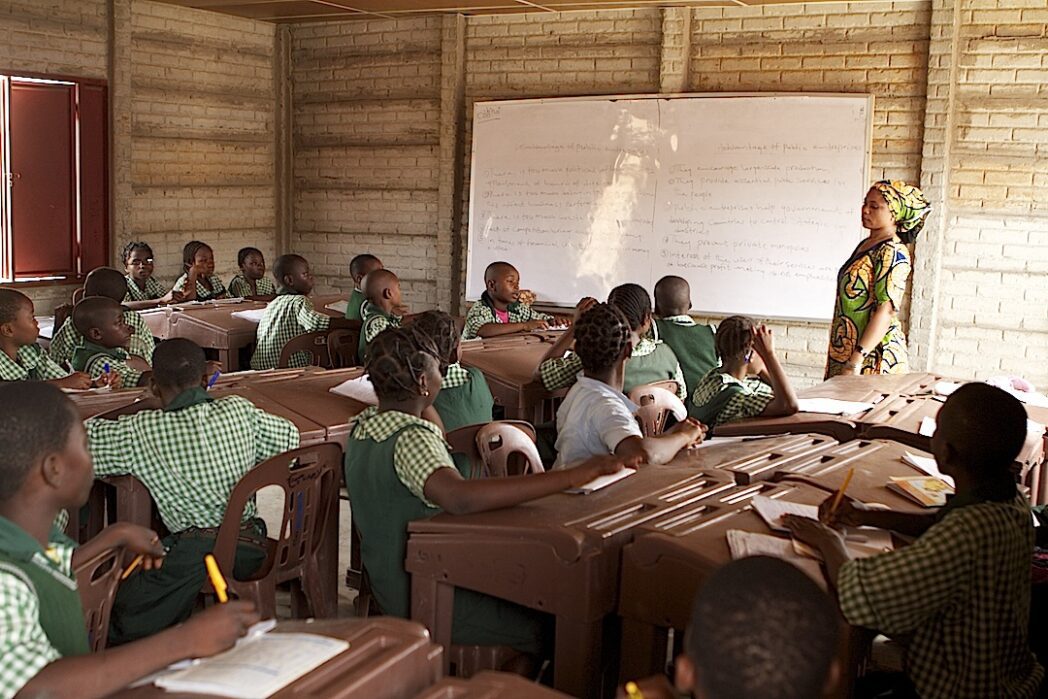
States’ apathetic attitude to primary education must end
Nigeria’s primary education system is in crisis, and the outlook is becoming increasingly bleak. The country has the second-highest number of out-of-school children globally, a shocking statistic that highlights the urgent need for intervention.
Yet, state governors across the country appear indifferent to this growing crisis. They have failed to access available funds and implement the essential strategies required to reverse the trend. This negligent attitude towards primary education is a disservice to the future of the nation and must be addressed immediately.
Recent revelations from the Executive Secretary of the Universal Basic Education Commission (UBEC), Hamid Bobboyi, shed light on the scale of the problem. Over N135 billion in matching grants for the implementation of Universal Basic Education (UBE) went unused between 2020 and 2024, due to the failure of state governments to meet the necessary conditions to access the funds.
Only two states, Katsina and Kaduna, accessed matching grants in 2024, while the remaining 34 states and the Federal Capital Territory (FCT) ignored the available funds. This failure to utilise the funds only worsens the already dire state of primary education, leaving millions of children without proper education.
The issue is not solely about missed funding. The broader problem is that primary education across Nigeria is plagued by inadequate funding, deteriorating infrastructure, and low teacher morale. In many parts of the country, children are learning in unsafe and unsanitary conditions.
In Kano, for example, over 4.7 million children were reported to be sitting on bare floors due to a lack of proper classroom furniture, with many students learning in poorly constructed buildings or even under trees.
Compounding these challenges is the ongoing issue of low pay and delayed salaries for primary school teachers, which has led to poor performance and low morale among educators. Some states have yet to implement the N18,000 minimum wage for teachers, while others have failed to pay the previous N30,000 wage for local government teachers. The shortage of qualified teachers is another significant problem. Many states have not recruited new teachers in the past 15 years, relying on Parent-Teacher Associations (PTAs) and older students to fill the gap, which only deepens the crisis.
In addition to these issues, insecurity has played a major role in the high rate of out-of-school children. UNICEF reports that violence led to the closure of over 11,500 schools in northern Nigeria between December 2020 and April 2023, further exacerbating the problem.
The result of these compounded issues is alarming. UNICEF estimates that Nigeria has over 18 million out-of-school children, with one in every three children in the country not receiving an education. The situation is even more critical at the junior secondary level, where 8.2 million children are out of school, and over 3 million drop out before completing their education.
While other countries are embracing the future through advancements in technology and education, Nigeria’s children continue to roam the streets, deprived of the skills and knowledge necessary to compete in an increasingly globalised world. This situation cannot be allowed to continue.
The time has come for state governors to demonstrate the political will required to address the education crisis. The first step is for states to meet the conditions needed to access UBE funds and ensure these resources are used effectively for the development of primary education.
Furthermore, state governments must increase budgetary allocations to primary education, prioritise the welfare of teachers, and ensure that salaries are paid promptly. Free education and feeding programmes should be instituted to encourage children to return to school. State governors must recognise that the neglect of primary education is a betrayal of Nigeria’s future.
The nation’s future leaders are being failed at the most fundamental level, and this cannot continue. Immediate and sustained action is needed to secure a better future for Nigeria’s children and, by extension, the country itself.
While some states seem content with young minds aimlessly wandering the streets, governments in other parts of the world are investing in their future through the power of technology. This neglect of Nigeria’s collective future must come to an end.
State governors must summon the political will to prioritise education, recognising it as a vital pillar for national development. It is crucial that they urgently meet the requirements of the Universal Basic Education (UBE) programme to unlock the funding needed to drive educational progress. With the funds allocated to states and local governments, it is imperative that proper attention is given to teachers’ salaries and welfare packages.
These measures will not only boost teacher morale but also contribute to a thriving educational system. Additionally, the implementation of free education and meal programmes will ensure that students are motivated to return to the classroom and stay engaged in their learning.




